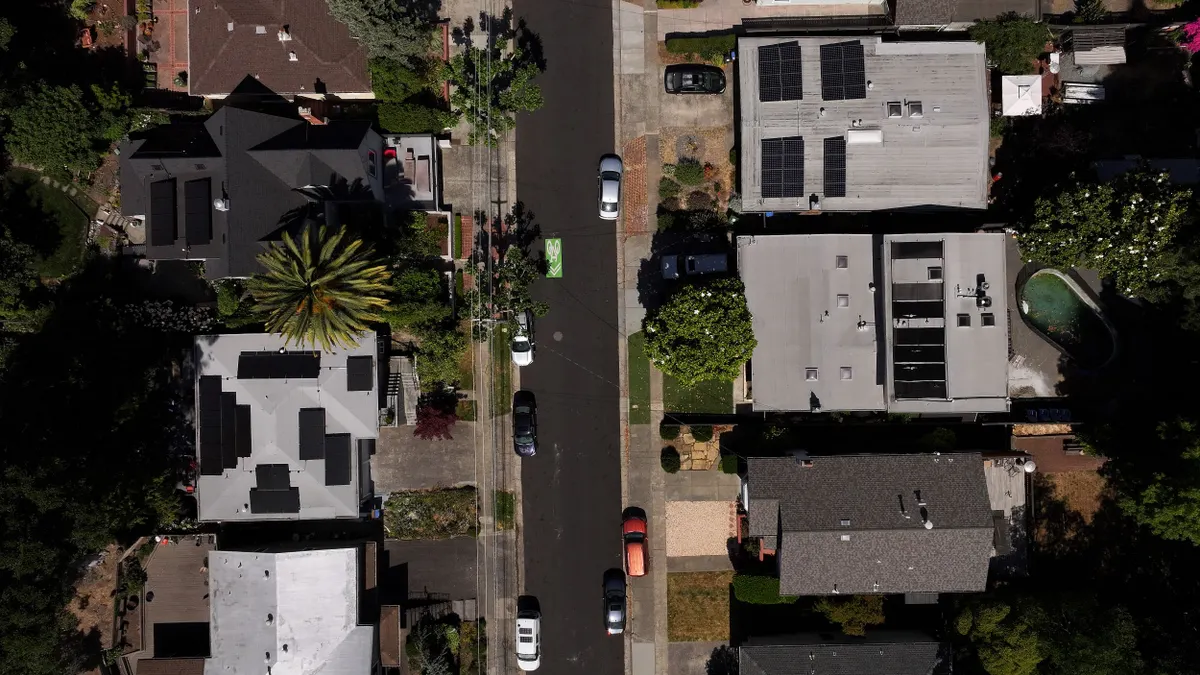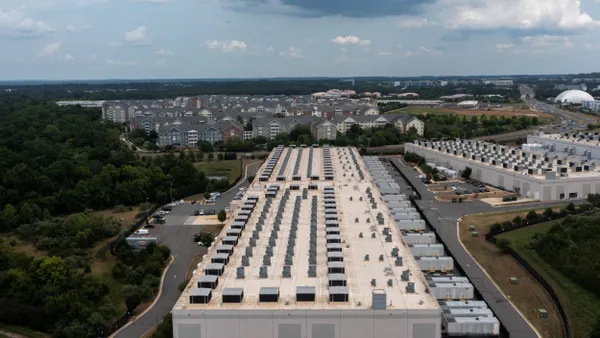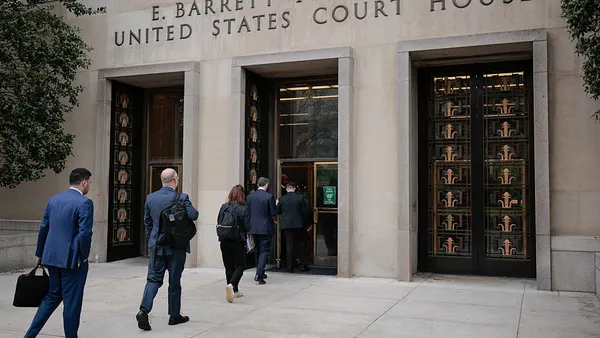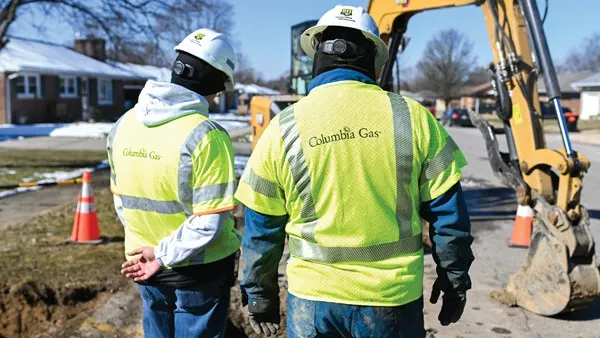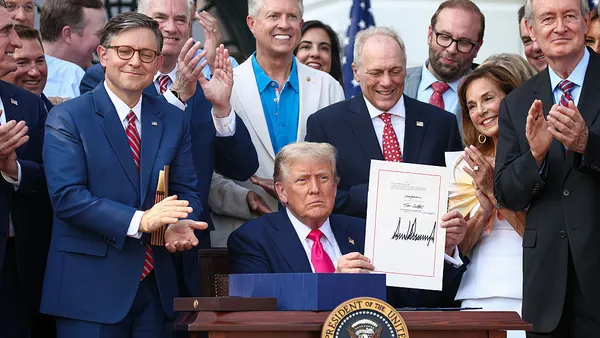Dive Brief:
- U.S. Environmental Protection Agency Administrator Scott Pruitt is working on a proposal to end the agency's use of "secret science" — research studies where the underlying data is not publicly available, according to E&E News. That could have significant implications on the analysis behind many federal regulations.
- The EPA is currently working to rewrite the Clean Power Plan, and Pruitt's proposed change could limit the research used to analyze the rule's costs and benefits.
- Proponents of the change argue that if research is to be used in making federal policy, then the data should be public. But the rule would limit the use of some large and significant studies, where data has been kept private to protect patient confidentiality.
Dive Insight:
Pruitt's proposal was first reported by E&E News, and the administration subsequently turned to conservative site The Daily Caller to explain the details and rationale behind the "secret science" proposal.
The EPA last week, in a news release, quoted Pruitt telling the Daily Caller that “we need to make sure their data and methodology are published as part of the record ... Otherwise, it’s not transparent. It’s not objectively measured, and that’s important."
But the science community sees it differently. It is not uncommon for studies to have private data, or for third-party research firms, with whom the EPA contracts, to not reveal the data. If studies that have helped regulate fine particulate matter are not considered, it could dramatically change the cost-benefit analysis behind the rule. The changes could also impact the National Ambient Air Quality Standards.
E&E News spoke with Joseph Goffman, the executive director of Harvard Law School’s Environmental Law Program. Groffman has previously worked at the EPA and says the rule is aimed at muting the impact of studies of particulate matter.
“Essentially, you have a constituency that don’t like certain results, and so they are sort of back-engineering to find a way to defeat the results,” Goffman told the news outlet.
The most immediate impact could be on the Administration's efforts to rewrite the Clean Power Plan. Tuesday was the final listening session in Gillette, Wyoming, where EPA officials took public comment on the rule. Gillette is also home to the state's coal production, which is one of its largest sources of revenue.
President Obama's Clean Power Plan was finalized in 2015 but never went into effect. Faced with legal challenges from more than two dozen states, the U.S. Supreme Court put the regulations on hold in February 2016. In December of last year, EPA began taking comment from industry and the public on how to replace it.
When it developed the rule, the EPA projected it would save 3,600 lives, prevent 90,000 child asthma attacks each year and would generate benefits valued up to $34 billion.




